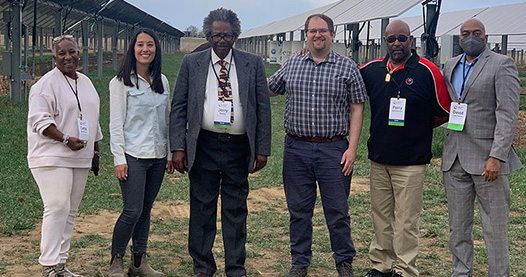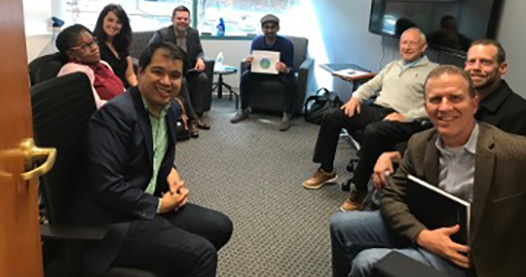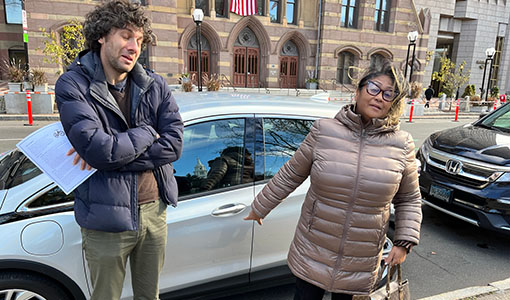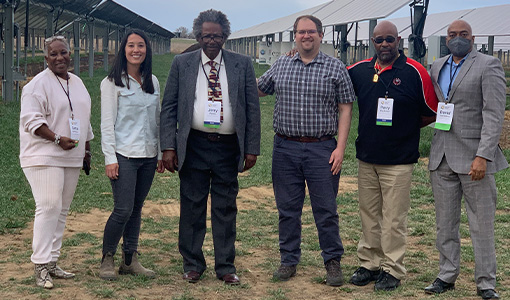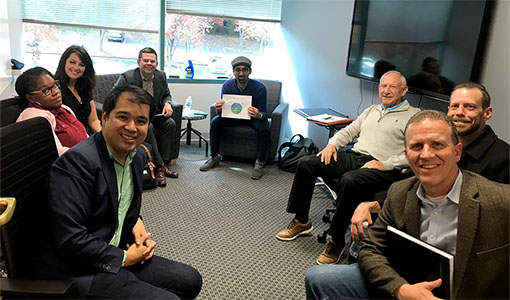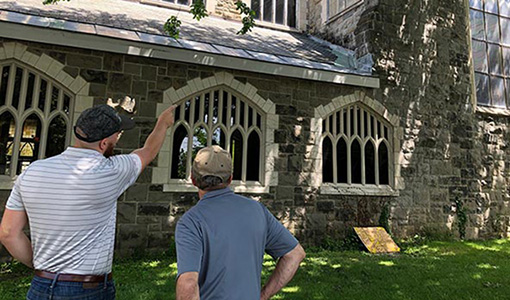Clean Energy to Communities Program: Expert Match
Through the U.S. Department of Energy's Clean Energy to Communities (C2C) program, NREL, other national laboratory experts, and select organizations provide Expert Match—free, short-term technical assistance to address near-term clean energy challenges and questions.
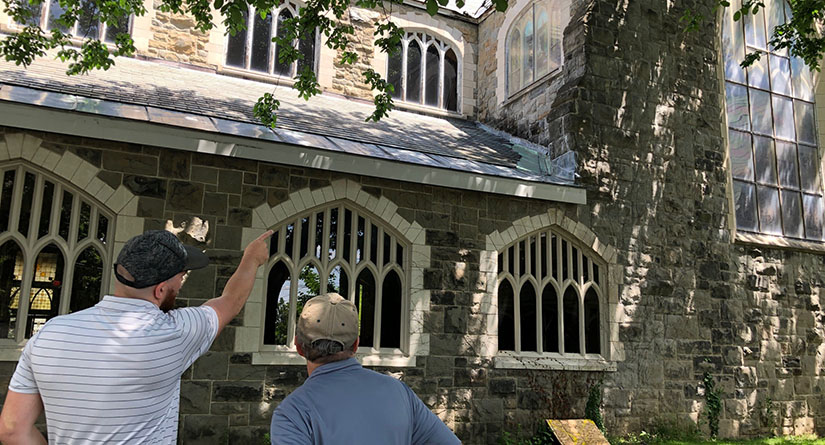
Eligibility
Expert Match is for community stakeholders who have decision-making power or influence in their community but need access to additional clean energy expertise to inform key upcoming decisions. Community stakeholders can represent a:
- City, town, or county (local government)
- Tribe, including Alaska Native Villages, Alaska Native Corporations, and state recognized Tribes
- Metropolitan planning organization
- Regional planning organization
- Community-based organization
- Nongovernmental organization
- Municipal or coop utility
- University, college, or community college.
Expert Match Application
Apply now.
For-profit entities are not eligible for assistance through this program.
Expert Match is most suitable for communities that could benefit from assistance to inform time-sensitive decisions and identify and understand the range of options for achieving clean energy goals. The Expert Match technical assistance timeframe is 40–60 hours over 3–4 months.
Success Stories
A C2C Expert Match pilot helped Cohoes, New York, explore and plan for historic building clean energy retrofits and a first-in-the nation municipality-owned and -operated floating solar project.
Contact
If you have questions about C2C Expert Match, please email C2C Expert Match.
Sign up for C2C email updates to be notified when program applications open.
Share

